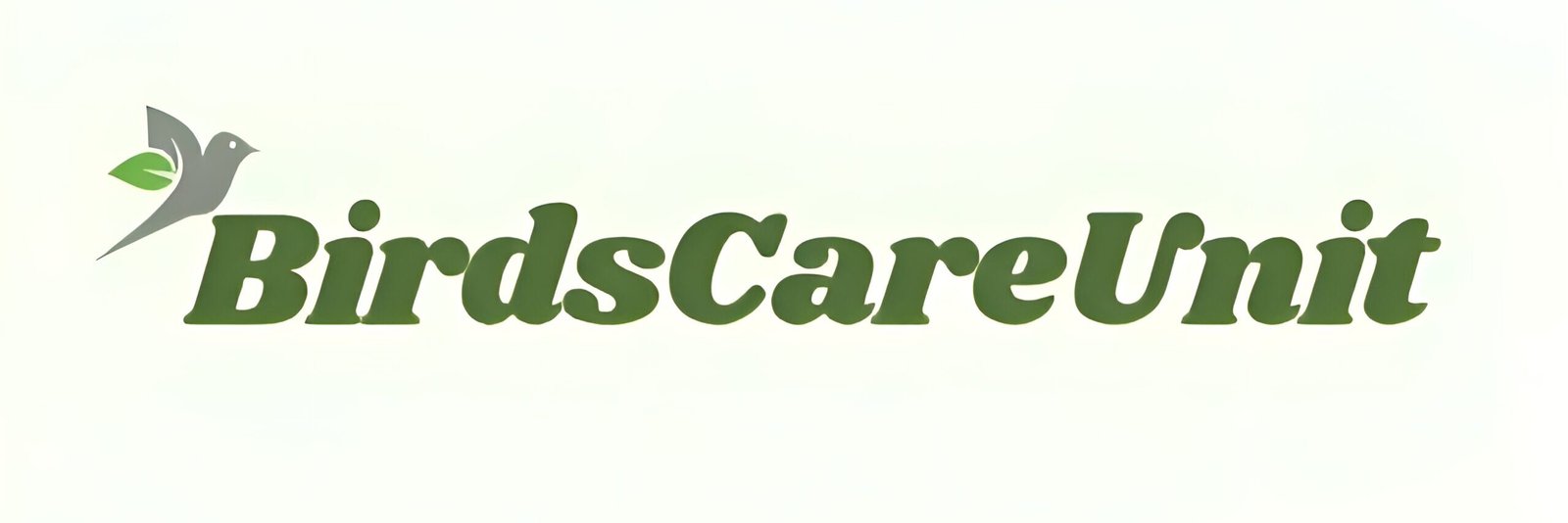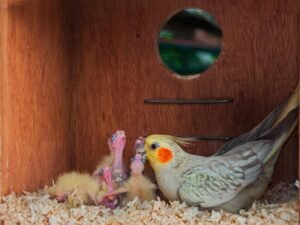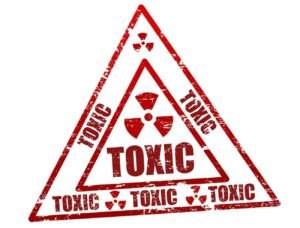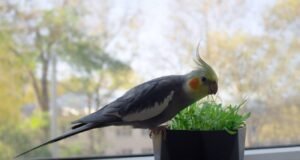Cockatiel Nutrition Guide
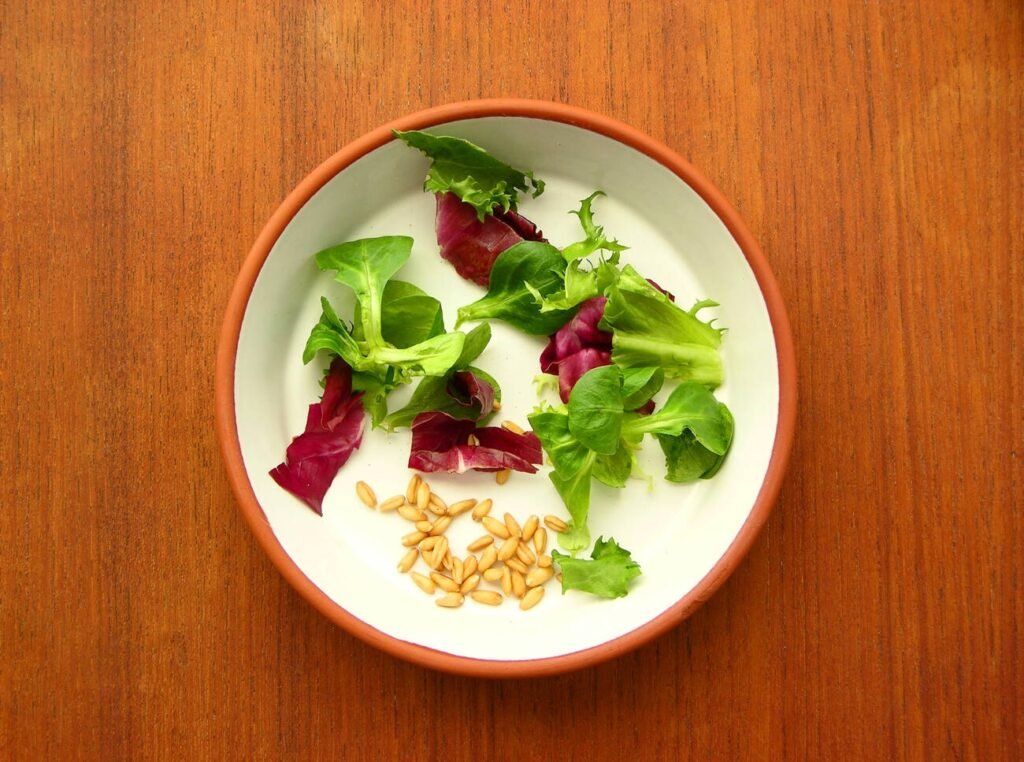
Having worked with cockatiels for over ten years, I have gained a wealth of experience in understanding and providing for their nutritional needs. Ensuring a nutritionally balanced diet for your cockatiel is essential for their overall health and well-being. This involves a careful balance of carbohydrates, proteins, vegetables, fruits, seed mixes, vitamins, minerals, and water. Each food group plays a vital role in meeting the nutritional needs of your cockatiel. In this comprehensive guide, I’ll share my experiences and knowledge on creating a well-rounded diet for your cockatiel.
Carbohydrates:
Carbohydrates provide essential energy for your cockatiel’s daily activities and play a role in maintaining digestive health. Offer these carbohydrate-rich foods:
– Whole grains: Brown rice, quinoa, and barley provide complex carbohydrates and fiber.
– Fresh fruits: Apples, berries, and melons offer natural sugars and additional fiber.
– Cooked pasta or rice: Plain and unseasoned pasta or rice can be offered in moderation as a carbohydrate source.
Protein:
Protein is crucial for muscle development, feather health, and overall growth in cockatiels. Incorporate the following protein sources into their diet:
– High-quality pellet formulas: Specifically formulated pellets provide a balanced blend of proteins, vitamins, and minerals.
– Cooked legumes: Lentils, chickpeas, and beans offer plant-based protein options.
– Hard-boiled or scrambled eggs: Eggs are a nutritious and easily digestible source of protein for cockatiels.
Vegetables:
Vegetables are rich in vitamins, minerals, and antioxidants essential for your cockatiel’s health. Offer a variety of fresh vegetables, including:
– Carrots: Rich in beta-carotene, carrots support eye health and provide essential vitamins.
– Bell peppers: High in vitamin C and antioxidants, bell peppers boost immune function.
– Broccoli: A source of calcium and vitamin K, broccoli supports bone health.
Fruits:
Fruits provide essential vitamins, minerals, and natural sugars for energy. Offer a selection of fresh fruits, such as:
– Oranges: High in vitamin C, oranges support immune function and skin health.
– Grapes: Provide hydration and are a good source of antioxidants.
– Bananas: Rich in potassium, bananas support heart health and muscle function.
Seed Mixes:
Seed mixes are a staple in a cockatiel’s diet, providing essential nutrients and promoting natural foraging behavior. Choose high-quality seed mixes containing a variety of seeds, including:
– Millet
– Sunflower seeds
– Safflower seeds
– Flaxseeds
Offer seed mixes in moderation alongside other foods to ensure balanced nutrition.
Vitamins and Minerals:
Vitamins and minerals are essential for overall health and immune function in cockatiels. Ensure your bird receives a balanced diet that includes:
– Fresh fruits and vegetables: Provide a variety of vitamins and minerals.
– Commercial bird treats: Choose treats fortified with vitamins and minerals.
– Vitamin supplements: Consult with a veterinarian for recommendations on additional supplementation if necessary.
Water:
Fresh, clean water should be available to your cockatiel at all times. Hydration is essential for overall health, digestion, and regulating body temperature. Change the water daily and monitor your bird’s water intake.
By incorporating a variety of foods from each food group into your cockatiel’s diet, you can ensure they receive the essential nutrients they need to thrive. Experiment with different options, monitor their intake, and consult with a veterinarian for personalized dietary recommendations. With proper nutrition, your cockatiel will enjoy a vibrant and fulfilling life as your cherished companion.
